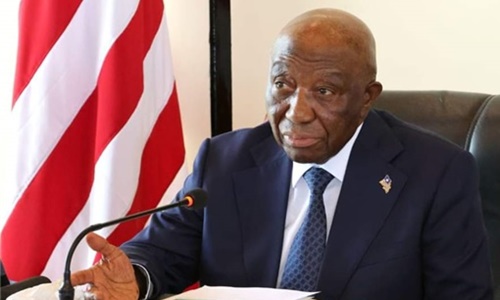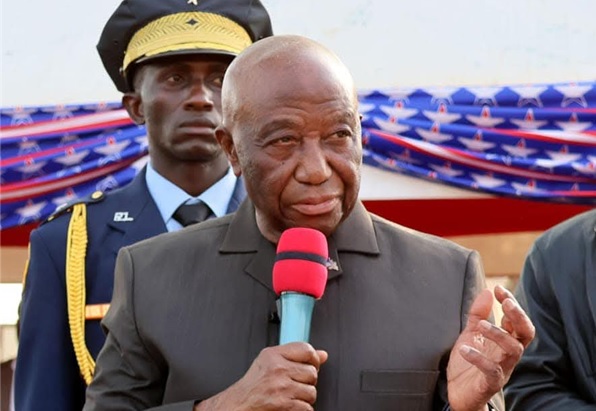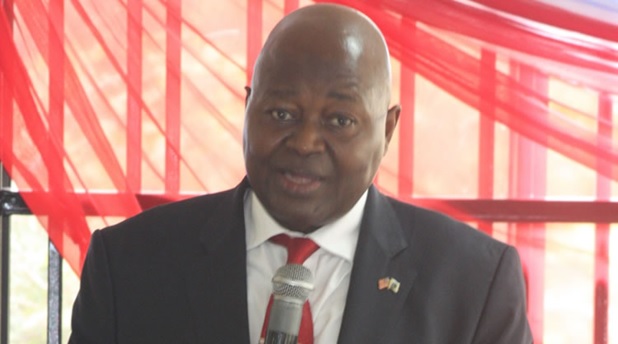MONROVIA – Liberia’s President, Joseph Nyuma Boakai, has enacted the National Budget for Fiscal Year 2025, which totals $880,661,874. The signing ceremony, held on January 6, 2025, at the President’s Rehab Office in Paynesville City, is being hailed as a landmark moment in Liberia’s governance and economic agenda.
During the event, President Boakai expressed his satisfaction with the timely conclusion of the budget process, emphasizing that its effective implementation is crucial to addressing the country’s pressing needs. “The time for action is here. This budget is not just numbers on paper; it represents our commitment to addressing the needs of our people and achieving national development goals,” the President declared in his address.
The legislative journey of the budget concluded on December 20, 2024, when the Senate endorsed the financial proposal initially approved by the House of Representatives. The enactment of the budget now provides the legal framework for the government’s programs and activities in 2025, setting the stage for what is expected to be a transformative year for Liberia.
President Boakai’s administration has emphasized that the FY 2025 National Budget reflects the government’s core priorities. These include promoting economic growth, enhancing service delivery, improving social infrastructure, and creating equitable opportunities for all Liberians. The budget has been described by observers as an ambitious plan aimed at fostering national development and improving the living standards of citizens.
Key figures in the administration joined the President at the ceremony, underscoring the importance of this milestone. Among those present were Vice President Jeremiah Kpan Koung and Deputy Minister for Administration at the Ministry of Finance and Development Planning, Bill McGill Jones. Their attendance signaled a unified commitment to ensuring the budget’s effective implementation.
President Boakai highlighted the need for collaboration among all stakeholders to ensure that the resources allocated in the budget translate into meaningful outcomes. He urged government agencies and development partners to work in unison, stressing that the success of the fiscal plan depends on collective responsibility and efficient execution.
The budget, widely seen as a reflection of the administration’s vision for progress, aims to tackle longstanding challenges in key sectors. Its focus on social infrastructure and economic opportunities is expected to address critical gaps in education, healthcare, and public services. However, the administration faces the challenge of ensuring that the funds are not only disbursed promptly but also utilized effectively.







